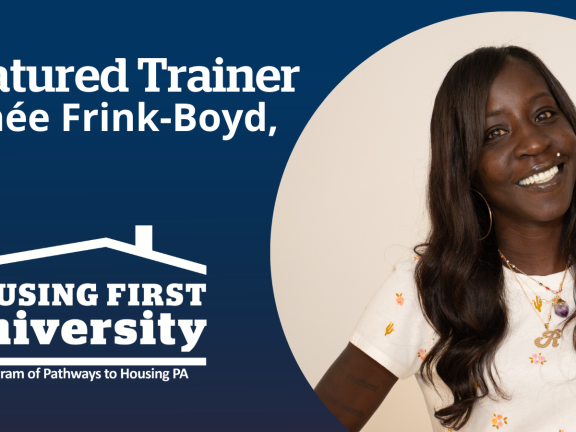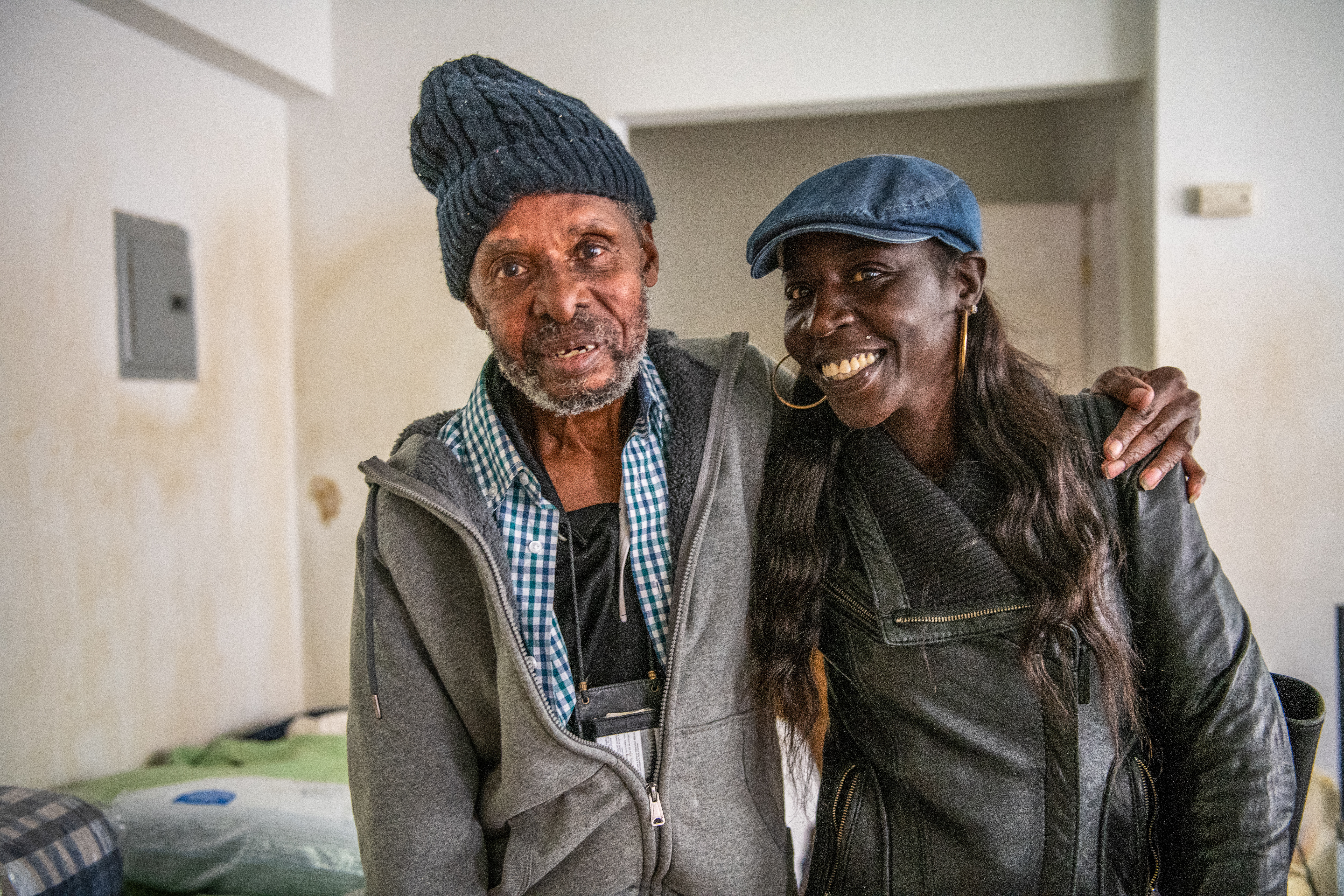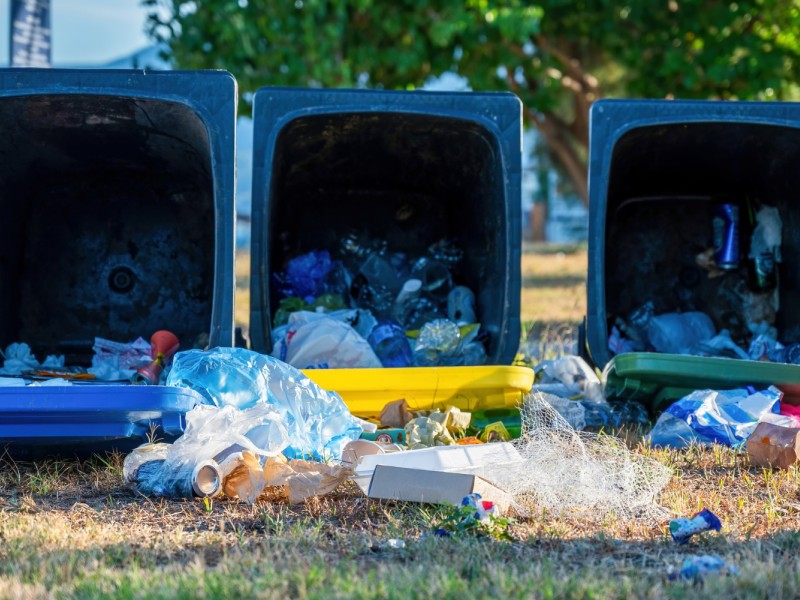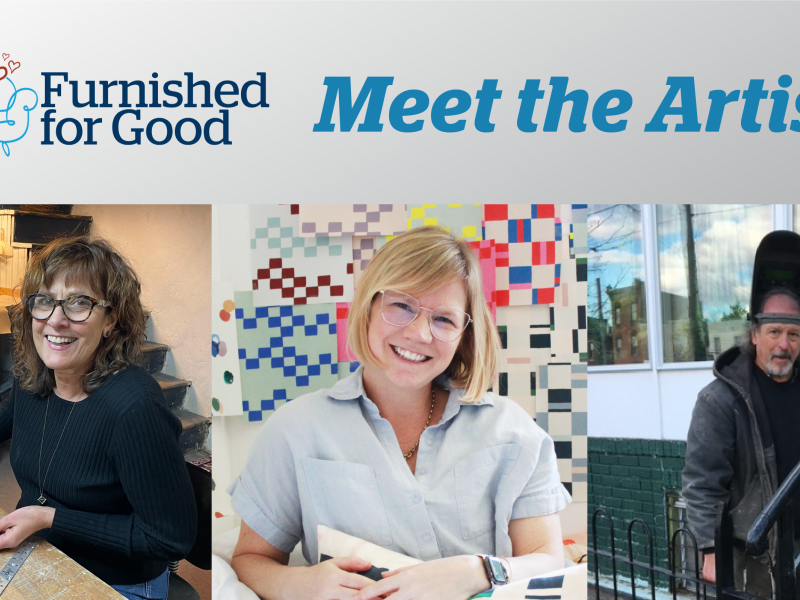Featured Trainer: Renée Frink-Boyd, CPS

Q. Tell us a bit about your professional background.
In 2013, I completed the Certified Peer Specialist training (CPS) and began my career in the behavioral health field. Since then, I have worked at several different behavioral health organizations here in Philadelphia, mostly as a CPS. As a Certified Peer Specialist, I have provided support, assistance and hope to participants while working at J.F.K. Behavioral Health Center, Horizon House, Inc. and here at Pathways to Housing. While at Pathways, I also worked as a Medication Assisted Treatment Care Manager, where I was able to provide education and support around all types of medication assisted treatments to participants who have an opioid use disorder diagnosis. I have also worked as a CPS Employment Specialist at the Department of Behavioral Health and Intellectual Disabilities Services (DBHIDS), where I assisted and supported other Certified Peer Specialists with obtaining and retaining employment.

I have recently transitioned into the role of a Training Specialist with Housing First University, here at Pathways. I am now able to engage with staff members from other behavioral health organizations and train them on specific approaches and models, such as housing first, harm reduction and other related topics.
Q. You’ve held several different roles at Pathways over the years. What attracted you to join the training team?
The most significant thing that attracted me to the training team is the ability to still be in the helping profession but in a different capacity. After many years of providing direct service to participants, mostly in the community, I felt that it was time for me to slow things down by changing my career path but not getting out the field that I love and am so passionate about.
Another thing that attracted me to the training team here at Pathways, is the ability to bring the fundamental principles of Housing First and harm reduction to other behavioral health organizations nationwide. The ultimate goal is to end homelessness and save lives; success is possible with the implementation of these two things. I am both honored and proud to be a part of such a trailblazing organization that is leading the way in getting us closer to the ultimate goal.
Q. What do you enjoy about training? What topics are you most passionate talking about?
What I enjoy most about training is the education and teaching aspect of the training specialist role. I enjoy providing information and educating individuals on evidence-based content that will ultimately benefit the participants that they are serving, as well as improving the culture of these organizations to be more participant-driven.
Q. As a Certified Peer Specialist, how does your lived experience inform your direct service work and training work?
As a Certified Peer Specialist, my lived experience positively impacts participant engagements one hundred percent of the time. I am able to provide genuine, empathy based direct service to participants. I have the ability to understand and relate to situations that they are experiencing and am able to provide valuable information and resources that can benefit their lives. As a training specialist, utilization of my lived experiences is a valuable tool that I can use to explain some of the content that I’m training on. I can also speak on some of the activities or behaviors of participants, which can be viewed negatively when, in fact, these are survival skills that protect our participants in many different situations.
Q. What is one thing you wish more people understood about harm reduction?
It is my wish that more people would try to understand the benefits of harm reduction. I understand the conflicts that many people are challenged with when it comes to harm reduction and substance use. I also realize that it can go against everything we were taught concerning addiction. As a Certified Peer Specialist, I too found it difficult to change my way of thinking around abstinence and recovery. However, working at Pathways to Housing has provided me with living proof of how much harm reduction practices saves lives and how beneficial it is to the people we serve, as well as ourselves. It takes a broad view and an open mind to get on board with harm reduction and it is my wish that more people take the time to research the evidence to see for themselves that harm reduction works.


